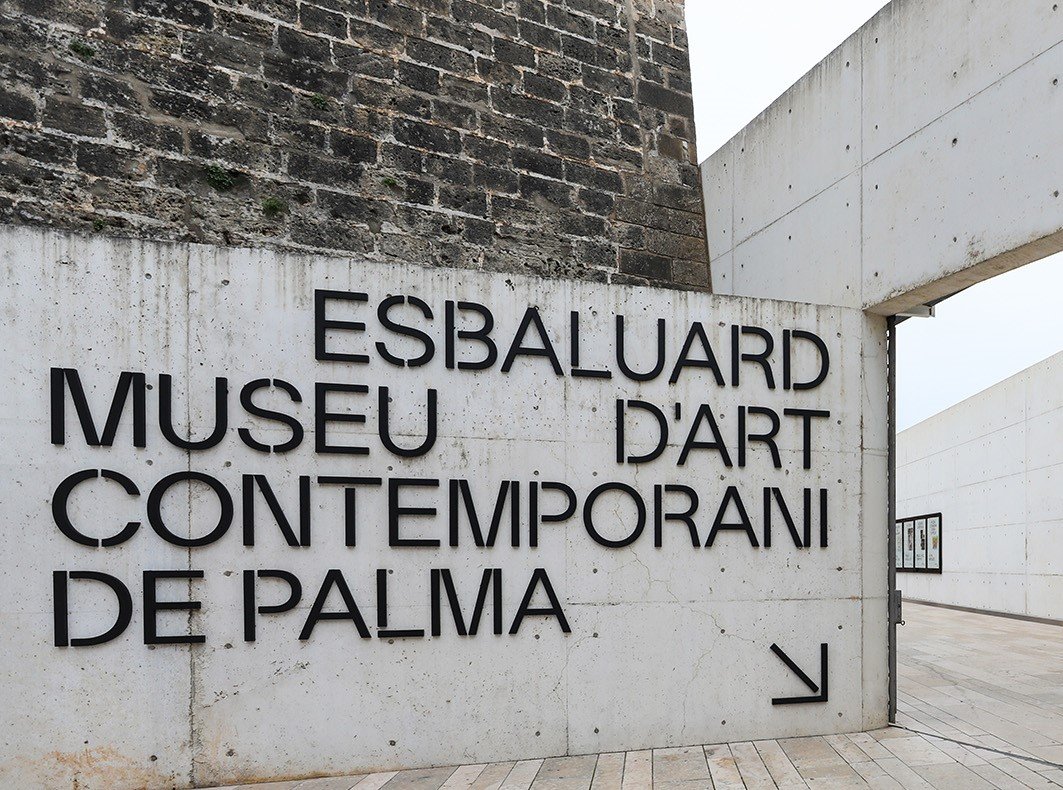Conference Abstract

The Attentive Museum. Permeable Practices for a Common Ground
As we mark CIMAM's 60th anniversary, this Annual Conference asks how can museums embrace, partner, and actively listen? Can we develop institutional practices that are meaningful to the full breadth of contemporary society, even in these times of conflict and war? What tools can we develop?
This conference positions the importance of "active listening" in contemporary museum practices as a means to answer these questions; listening to those beyond the museum, as well as listening to our own community.
In the field of psychology, "active listening" is not only about listening, but also about actively hearing the feelings, emotions, and ideas expressed by others. As we collectively build a vision of museums that are permeable and responsive to the needs of diverse communities, this mode of being provides a lens through which we can consider how we can achieve this goal. How can we put the skill of active listening into practice effectively within our museum community and reach out beyond it?
CIMAM's 60th celebration provides us with a chance to pause and reflect on how we have come this far. To take strength from this collective moment, staged in the Balearic Islands, between Africa, Europe, and the Middle East, to share new tools and strategies that can unlock a future for museums that is essential to an evolving and diverse society.
The Attentive Museum is an opportunity to take an expansive view of the work that can and needs to be done to ensure museums of relevance and impact. The three-day conference will propose different models that can provide a roadmap for institutions through an exploration of new models of governance, to the narratives of decolonial discourses, and concluding with a view beyond the museum world to collectives and new institutional models from which we can learn a more sustainable future.
The conference claims the urgent need for museums to adapt to become spaces of shared encounter and hospitality; to allow ourselves to be a permeable and vulnerable community that is able to embody multiple bodies; institutional, political, social, human, or non-human. The conference presents a moment for us to come together to imagine future actions.
Main topics of discussion
DAY ONE
Changing from the inside: How should we govern ourselves?
Day one of the conference considers the strategies we need to reinvent our institutions. How can we change our systems of governance whilst protecting our curatorial integrity?
The speakers on this day will consider the different ways museums operate. How should channels of communication across the museum be managed? How can we ensure that all our collaborators are treated with affection, care, and respect? Day one will consider the role of governing authorities and political agencies in actively contributing to new futures for the institutions they govern, creating new futures for museums.
We will start with an examination of the 60-year history of CIMAM, as an example of an institution that has continually needed to rethink and reinvent itself.
DAY TWO
Unlocking History and New Narratives
Day two of the conference will reflect on the frequently euro-centric position that has framed collections and the construction of histories within museums.
Does the museum now hold the potential of creating the space to address these inaccuracies and inequalities? How can we develop new practices that critique our own histories and position our institutions as agents of change?
In considering these questions, the speakers will present the need to conceive exhibitions with new, as yet unheard, voices as a critical part of the process and will propose new proactive and reflective pedagogies through which these tensions can be addressed.
DAY THREE
Learning from the community: Collective actions in the face of emergency
If we look beyond the museum, we can experience different kinds of institutions as places of meeting, listening, and dialogue, where collective actions can create other ways of doing. This model of collaboration pushes us beyond simply welcoming new voices into the museum and moves to a position of co-creation. Day three of the conference asks if this view from the threshold of our museums is where we can learn how to work meaningfully with communities that challenge and change us.
The speakers on day three will present different models for collective actions from beyond the world of museums. Day three is presented as a day of listening and learning from those that have found ways of creating change in moments of social emergency.
Their experiences can help us imagine how museums can work proactively with artists, activists, and collectives, to respond effectively to the critical needs of our time; how we can build the structures that will enable meaningful exchange with future communities as they evolve and develop.
The CIMAM 2022 Annual Conference offers a hybrid format with the programs adapted to physical and virtual scenarios, to facilitate access and attendance for all CIMAM audiences.
The CIMAM 2022 Annual Conference contents and invited speakers have been thought by:
- Manuel Borja-Villel, CIMAM Honorary Member, Director, Museo Nacional Centro de Arte Reina Sofía, Madrid.
- Saskia Bos, CIMAM Board Member, Independent Curator, and Critic, Amsterdam.
- Sarah Glennie, CIMAM Board Member, Director, National College of Art and Design, Dublin.
- Mami Kataoka, CIMAM President, Director, Mori Art Museum, Tokyo.
- Malgorzata Ludwisiak, CIMAM Board Member, Chief Curator, Department of Modern Art National Museum in Gdansk.
- Agustín Pérez Rubio, (Chair of Contents Committee), CIMAM Board Member, Independent Curator, Madrid.
- Imma Prieto, Director, Es Baluard Museu d'Art Contemporani de Palma, Palma, Mallorca.
- Berta Sureda, Independent Culture Researcher and Manager, Palma, Mallorca.